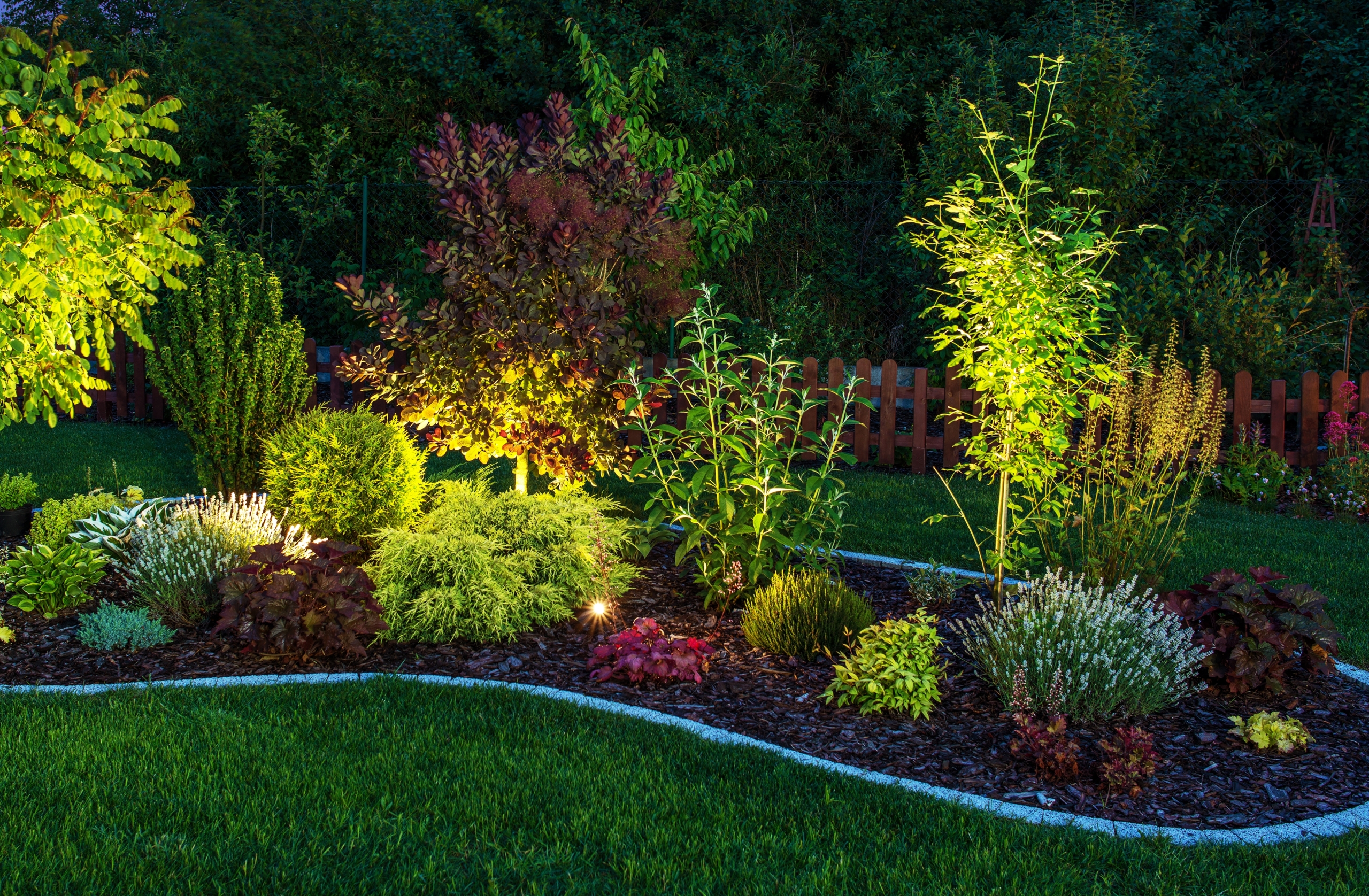
Homeowners may typically believe mulch installation is only for springtime lawn and garden care. However, its benefits can also be reaped in the fall months! Experts assert that it protects roots from summer heat waves and defends them against winter temperatures.
While mulch is typically associated with helping soils hold moisture during hot times, it can also be beneficial in the autumn months. Applying a layer of mulch before winter sets in reduces the chances that plants and lawns will suffer from freezing or thawing temperatures – as it creates strong roots to help them survive these difficult periods.
Factors to Consider
Type of Plant
When choosing the suitable mulching material, a few factors are worth considering. First and foremost, consider what type of plant or lawn you will be protecting. For example, perennial plants need thicker layers of mulch than annuals, as they are more likely to experience severe winter weather conditions.
Climate
The climate in your region is another critical factor in deciding which mulch to utilize when prepping for winter. Organic materials like wood chips, straws, and leaves may be suitable for colder climates, while lighter materials such as gravel or stones could work better in warmer areas.
Additionally, the texture of the fabric should also be taken into account; finer particles hold moisture better yet keep out weeds less effectively than larger pieces.
Maintenance
Finally, consider the amount of maintenance the mulch requires. If you are busy and only have a little time for upkeep, it is best to opt for a material that does not need to be replenished often – such as rubber mulch or stone chippings. However, if you want something more aesthetically pleasing that will break down over time, wood chips may be better suited for your needs.
No matter what mulching material you choose, make sure it suits your garden’s existing climate and plants – and don’t forget to apply it well before winter sets in! With some preparation and knowledge, you can ensure your plants remain healthy throughout even the coldest winters.
Type of Terrain
The type of terrain plays a significant role here. For rugged landscapes, both large and small mulch types are ideal. The larger sizes bind the surface together, while the smaller ones ensure adequate hydration reaches the soil. In addition, chunky organic and inorganic mulch particles will significantly protect your earth from erosion, even when dealing with flat terrain or strong winds.
When it comes to style, some people prefer the look of classic bark mulch, while others go for exotic materials such as lava rocks. The choice is yours and should be based on what fits best with your landscape design.
Landscaping mulch provides an effective barrier against weeds, helping to maintain the beauty of your land. This thicker mulch should be laid beneath other decorative types to create a sealed layer that will prevent any weed from emerging. With this system, you can rest assured knowing your area is free from pesky plants!
How Does Mulch Improve The Quality Of The Soil?
Mulch is an excellent way to improve the quality of the soil. It helps retain moisture, adds nutrients, improves drainage and aeration, prevents weed growth, and protects root systems from extreme temperatures.
Mulching also promotes healthy microbial activity in the soil and can suppress certain diseases. When mulch is incorporated into the soil, it increases water retention and improves fertility – this makes for happy plants! Mulch also helps prevent erosion by reducing runoff and preventing wind damage.
Finally, mulching provides a visually pleasing aesthetic to a garden or landscape that enhances its beauty. All of these benefits make mulching an excellent choice for improving soil quality.
Why Mulch is Important For Plants
Mulch is essential for gardeners as it helps improve the soil and protect plants from extreme temperatures, pests, and weeds. Mulching around plants helps to keep moisture in the ground, which is essential for healthy plant growth. It can also help insulate the roots from extreme heat or cold and prevent rapid temperature changes that could damage the root system.
Mulch also helps control weed growth by blocking sunlight needed for their germination and growth. Finally, mulch can provide a protective barrier between plants and certain pests, such as slugs and snails, who feed on tender young foliage. With all of these benefits in mind, it’s easy to see why mulching is so important when caring for your plants!
The idea of mulching started centuries ago with farmers who used straw and other organic materials to protect their crops from the elements. Today, mulch is available in various colors, textures, and materials that can be used in any garden setting.
Choosing the right mulch for your plants is essential since different mulch offer additional benefits. Organic options such as shredded bark or wood chips provide excellent insulation, while plastic-based possibilities are great for keeping water in the soil and blocking weeds.
No matter which type you choose, apply it at least two inches thick around each plant for maximum benefit!
Types of Mulching
Organic mulching is the most common type and best for improving soil fertility. It typically consists of organic materials like shredded bark, wood chips, straw, leaves, grass clippings, composted manure, or pine needles.
Organic mulches help to increase soil moisture retention and improve aeration for healthy root growth. Inorganic options such as rubber mulch or gravel are also available, which work well for pathways and decorative features but don’t provide many benefits to the soil.
Organic mulches should be applied in a 2-3 inch layer and replenished every few years as they decompose.
Living mulches are plants that are used to cover the soil. They provide benefits similar to organic mulch but protect against weeds, pests, and disease. Ground covers like clover, creeping thyme, or ajuga are popular living mulches.
Mulching is no easy task, even if you end up reading about it. However, the professionals at Main Street Mulch are capable of helping you with your mulching needs in no time at all. Contact us today to learn more about our services and how we can help you achieve the perfect lawn or garden of your dreams!
By working with Main Street Mulch, you can rest assured that your soil is getting the best treatment possible! We take care and pride in all of our work and will ensure your property looks its absolute best.
So contact us today to get started with your mulching project!
